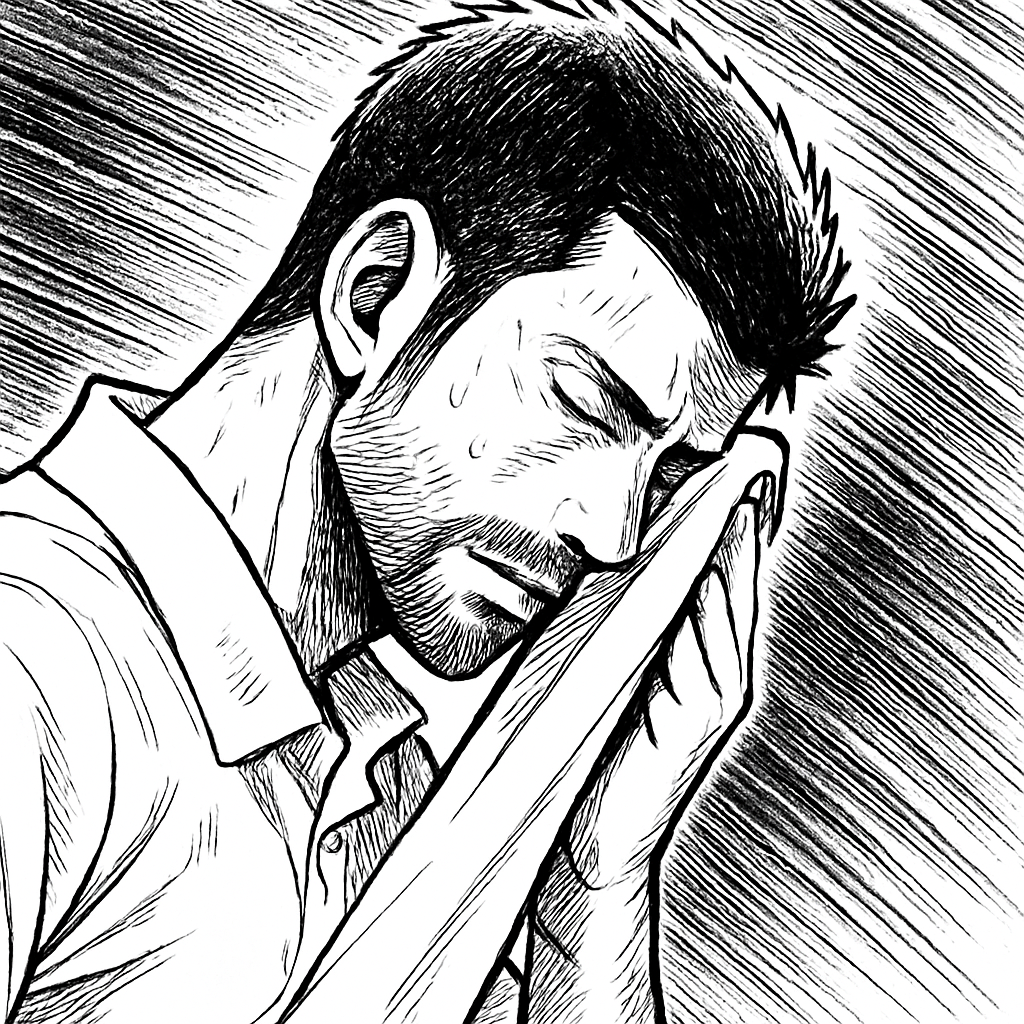LONDON — Novak Djokovic, the 24-time Grand Slam champion, admitted that age has finally "hit like never before" after a crushing defeat to world number one Jannik Sinner in the Wimbledon semi-finals. The 37-year-old Serbian, who has defied time for years with his relentless dominance, faced a stark reality check as the younger, faster Italian outplayed him in straight sets (6-3, 6-4, 6-4).
Djokovic, who had not lost at Wimbledon since 2017 before this tournament, looked uncharacteristically sluggish against Sinner. The match marked the first time since 2018 that he failed to reach the final at the All England Club. "I’ve been saying for years that age is just a number, but today it felt like more than that," Djokovic confessed in his post-match press conference.
The Unstoppable Force Meets an Immovable Wall
For over a decade, Djokovic has been the benchmark of consistency in men’s tennis. His ability to adapt his game, maintain peak physical condition, and outlast opponents in grueling five-set battles has been nothing short of extraordinary. However, against Sinner, the cracks began to show:
- Declining Movement: Djokovic, once the best defensive player in the sport, struggled to chase down Sinner’s blistering groundstrokes.
- Unforced Errors: He committed 32 unforced errors, his highest tally in a Wimbledon match since 2010.
- Serve Vulnerability: Sinner broke him five times, exposing Djokovic’s usually impenetrable service games.
The statistics painted a grim picture. Djokovic won just 59% of his first-serve points, compared to Sinner’s 78%. His average serve speed was down by 5 mph from his peak years. "I felt slow. I felt like I was always a step behind," Djokovic admitted.
Sinner’s Masterclass: The Changing of the Guard
Jannik Sinner, 22, delivered a performance that signaled a potential shift in tennis’s hierarchy. His aggressive baseline play, combined with fearless net approaches, left Djokovic scrambling. The Italian hit 31 winners to just 14 unforced errors—a near-perfect ratio against one of the sport’s greatest defenders.
"I knew I had to play my best tennis to beat Novak," Sinner said. "He’s a legend, but today I felt like I could dictate the points. I didn’t want to let him breathe."
Tactical Breakdown
Sinner’s strategy was clear: attack Djokovic’s forehand, exploit his reduced lateral movement, and avoid prolonged rallies. He targeted Djokovic’s weaker wing relentlessly, winning 68% of forehand-to-forehand exchanges. Additionally, Sinner’s drop shots—a rarity in his game—caught Djokovic off guard multiple times.
Djokovic, usually a master of mid-match adjustments, had no answers. "He was just better in every aspect," Djokovic conceded. "I couldn’t find my rhythm, and he never let me settle."
The Inevitability of Time
Djokovic’s loss raises questions about how much longer he can compete at the highest level. While he remains a threat, his recent performances suggest a decline:
- 2024 Season: Only one title (Australian Open) compared to three by this time last year.
- Injury Struggles: A knee surgery in June forced him to withdraw from the French Open.
- Younger Rivals: Sinner, Carlos Alcaraz, and Holger Rune have all beaten him this season.
Djokovic, however, refused to call it a career-ending moment. "I still love competing. I still believe I can win," he said. "But I have to be realistic—recovery is harder now, and the young guys are hungry."
What’s Next for Djokovic?
The Serbian has hinted at a reduced schedule, possibly skipping the Paris Olympics to focus on the US Open. His coach, Goran Ivanišević, acknowledged the challenges ahead: "We’ll adjust. Novak’s not done yet, but we have to be smart about his body."
Meanwhile, Sinner advances to his first Wimbledon final, where he will face Carlos Alcaraz in a rematch of their epic 2023 semi-final. The match is being billed as the dawn of a new era in men’s tennis.
As for Djokovic, the man who turned back time for so long may finally be facing its inevitability. "I’ve had an incredible run," he reflected. "But today, time caught up with me."

